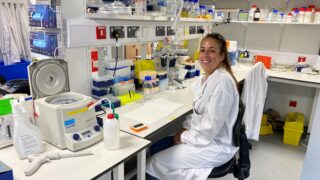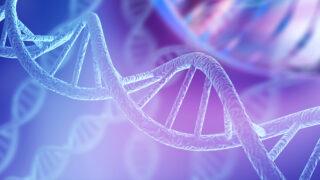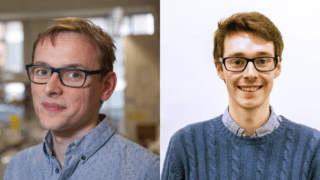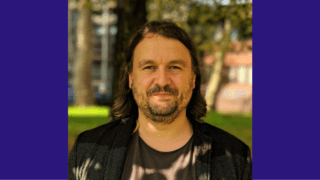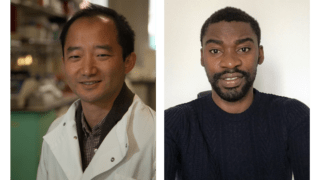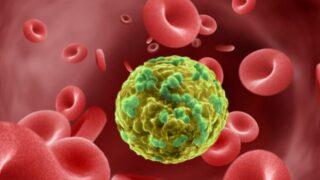Tag: Genetics
Search News
Categories
Archives
BCI researcher receives new Pancreatic Cancer UK Fellowship
20th July 2022
Congratulations to Dr Audrey Lumeau, Postdoctoral Researcher at Barts Cancer Institute, Queen Mary University of London, who has received a Career Foundation Fellowship from the charity Pancreatic Cancer UK to investigate chromosomal instability in pancreatic cancer and its role in therapy resistance.
Read more£3.1 million for PROTECT trial
6th May 2022
Yorkshire Cancer Research has announced a £3.1 million grant for research led by Ranjit Manchanda to investigate the risks, benefits, and feasibility of introducing population-based genetic testing for ‘all’ women to find out if they are at high risk of cancer. Thousands of women living in Yorkshire and other parts of the UK will be offered tests as part of the PROTECT (Population based germline testing for early detection and cancer prevention) clinical trial.
Read moreTurning back the molecular clock: Tracing cell lineage
6th January 2022
Researchers from Barts Cancer Institute at Queen Mary University of London, the Moffitt Cancer Center and the University of Southern California, have developed a new method that measures subtle changes to the genetic code of cells (called DNA methylation) to study the dynamics of what happens to cells within our bodies over time. The new method, published in Nature Biotechnology, provides a way to measure the birth and death of human cells, making it possible to trace cell lineage and evolution.
Read moreBCI researcher receives UKRI Future Leaders Fellowship Award
9th September 2021
Dr Benjamin Werner from Barts Cancer Institute, Queen Mary University of London, is one of the next generation of UK science leaders to receive funding through UK Research and Innovation’s (UKRI) Future Leaders Fellowships scheme. Dr Werner will receive an award of approximately £1.4 million, which will support a research project looking at the evolutionary dynamics of circular extra-chromosomal DNA (ecDNA) in human cancers.
Read moreDissecting complex biological pathways with machine learning
19th July 2021
We spoke with Group Leader Dr Jun Wang and Postdoctoral Researcher Dr Anthony Anene from Barts Cancer Institute’s Centre for Cancer Genomics & Computational Biology about their most recent publication. Published in Patterns, the paper describes the development of a machine-learning tool called ACSNI that can be used to predict tissue-specific pathway components from large biological datasets.
Read moreBCI researcher part of team shortlisted for Cancer Grand Challenges awards
23rd June 2021
Dr Benjamin Werner from Barts Cancer Institute, Queen Mary University of London, is part of an international team that has been selected to share its ideas on how to solve one of cancer’s toughest challenges.
Read more
